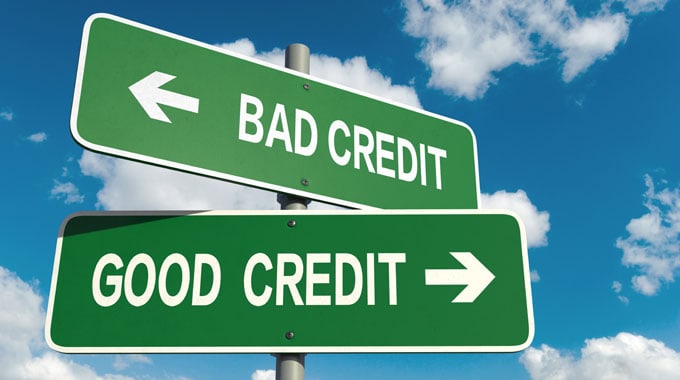
Ok, while it may not be the most romantic pick-up line, there is something to be said for wanting to know a potential partner’s credit score. It’s the number that seems to follow you wherever you go and rears itself way more often than your SAT scores or your IQ score. While it’s something you may not think about often, it is always there. So you should be always be thinking about how to maximize your credit score. Your credit is a doorway to many aspects of your life. And if its not where it should be, those doors may remain locked.
Why Your Credit Score is important
- With a higher credit score, you will be able to take advantage of lower interest on loans, pay less for credit, better deals on services and insurance and the opportunity to obtain better jobs and living spaces. Essentially, the higher your credit score, the less obstacles you will face in your day-to-day life.
- Renting or buying a home First things first, you need a place to live, right? Well, before you rent, a landlord will often pull your credit report before allowing you to sign a lease. If you are looking to buy and need a bank loan, mortgage lenders will not only run your credit report, but will put a great emphasis on it in order to protect themselves from possible default. You will also need insurance on your home. Insurance companies are likely to check your credit score to predict the likelihood of you filing insurance claims. Your credit score can affect your eligibility and your rates.
- Setting up utility accounts Once you have moved, now what? You need a phone, right? And cable? Well, what about electricity, garbage collection, and water? Yes, these are all accounts you will need to establish. If your credit score comes back too low, the utility companies may require a deposit in advance, or even a co-signer.
- Finding a job In some states, employers are allowed to pull credit reports. Although they need your consent, wouldn’t it take some of the pressure off of the interview process and finding employment if you knew your credit score was at a decent level?
- Financing a car Leasing a car is similar to leasing an apartment. Lenders want to be sure you will be able to pay your monthly bill. Not only will your credit report be checked for the lease, but also, again, for the auto insurance.
- Opening credit cards You are planning an upcoming vacation and want to open a credit card that allows you to earn miles. If your credit score is not up-to-par, most likely you will not be offered credit cards with these types of perks.
I’ll tell you mine if you tell me yours
There are different ranges of credit scores based on a mathematical equation that analyzes your credit reports which include factors like payment history, debt levels, age of accounts, income etc.
Typical Credit Score rankings: Excellent: 750 plus Good: 700-749 Fair: 650-699 Poor: 600-649 Bad: 599 and below
Here’s how to maximize your Credit Score
- Pay bills on time This is important. If you are late on your payments, not only will your credit score go down, but you will also most likely pay an unnecessary late fee which just adds to your debt balance
- Pay more than just the minimum When you pay only the minimum, you are only paying the interest instead of paying down the debt balance. Creditors notice this. If you are unable to make payments that are larger than the interest, look for balance transfer offers from other creditors that may allow you to roll your balance over (for a minimal fee-usually 3%) in order to receive a zero percent APR for a set period of time (usually 6 months to a year). That will hopefully give you the opportunity to pay down the balance. (the pros and cons of balance transfers will be another blog post at a later date)
- Apply for credit cards in moderation Although balance transfers are a possible option, make sure you don’t open too many credit cards at once. If you have balances on too many and continue to look for more, lenders will think you are credit-hungry and are a candidate for possible default.
- Keep your credit card balance at 20% of the available credit or lower The lower the better.
- Don’t close credit cards If you have paid off a credit card balance, do not close the account. A zero balance on the card will help boost your credit score. It shows good payment history and can help your debt ratio. And never close a card with an existing balance, as it will just drive your current score down.
Learn more about our Budgeting and Savings planning.
Related Reading:
LFS950937061914



